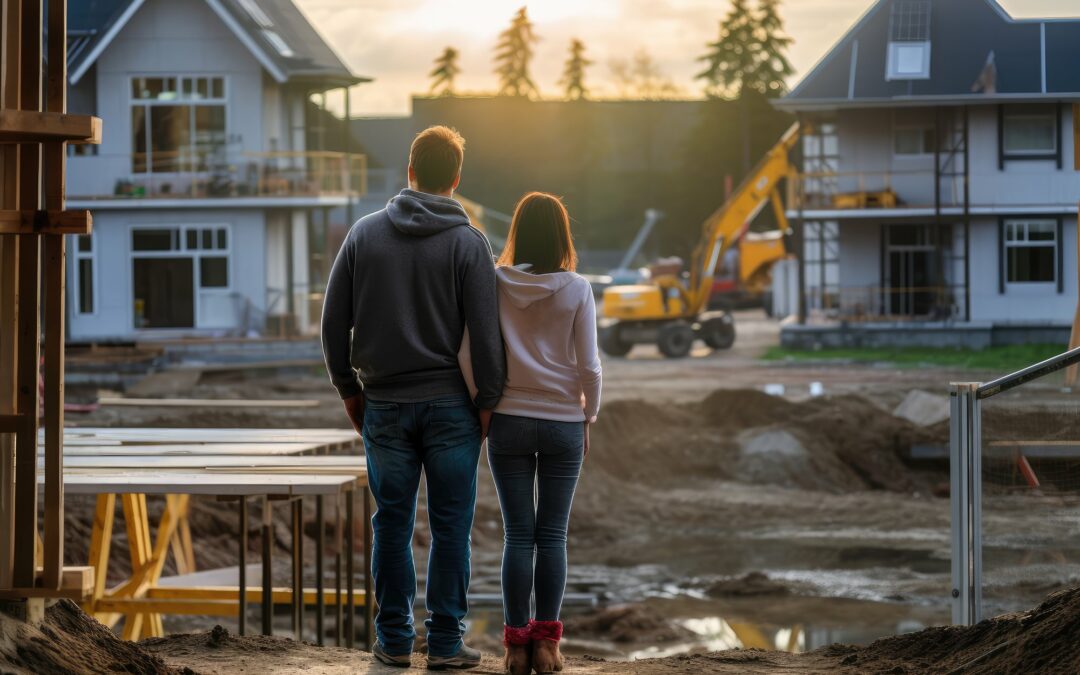Are you postponing your house hunt because you’re feeling discouraged by the current low housing inventory? You’re not alone. Many potential homebuyers are facing the challenge of limited options in their desired price range when it comes to existing homes.
However, there may be a silver lining in the form of increasing availability of new-home inventory. If you’re wondering whether you should buy an existing home or build a new one, this article will provide you with a few essential insights into the key factors to consider.
Customization
When you build a new home, you have the advantage of moving into a brand-new, untouched space that no one has ever lived in. Which means you can customize various aspects of your home, such as the size, floor plan, cabinets, countertops, colors, and other features. However, customization may come at a price, as builders often mark up their products. Fortunately, some builders may offer incentives to boost sales.
Location
New homes are often built in outlying areas, which may result in longer commutes to work and other amenities. However, this can be advantageous for your budget, as homes in these areas may be more affordable. You may also be eligible for a no down payment USDA Loan when building in an approved area outside city limits.
Existing homes in prime city center locations can be charming and attractive, but they may be in high demand, and finding one within your budget could be challenging. In such cases, you may need to explore other neighborhoods, consider a fixer-upper, or explore new construction options.
Time
Building a new home typically involves a longer waiting period than purchasing an existing one. The construction process can take six months or longer, depending on various factors and demand.
Energy Efficiency
Newly built homes may come with the advantage of all-new components, such as windows, appliances, and roofing. These new components may help eliminate drafts and leaks and can significantly reduce utility bills. Additionally, new construction homes are likely to feature smart home technology, further enhancing energy efficiency.
Existing homes are less likely to be as energy-efficient and may not have modern smart home features. You may need to consider energy upgrades when buying an existing home.
Maintenance
Newly built homes require less maintenance in the initial years. Major replacements like water heaters, roofs, and furnaces/AC are typically not a concern for several years. Many builders also offer warranties, some lasting up to 10 years. However, residing in an expanding neighborhood might involve navigating continual construction, potentially affecting your yard and home which may lead to additional expenses such as landscaping repairs, increased home maintenance, and noise and dust mitigation.
Existing homes come with a level of unpredictability. Unexpected issues might arise shortly after moving in, although a thorough home inspection can help mitigate surprises.
The decision to buy or build a home ultimately depends on your unique preferences and circumstances. While there are differences and benefits associated with each option, our goal remains the same: helping you achieve your dream of homeownership.
Supreme Lending recognizes the complexities of the mortgage landscape, particularly for those embarking on their first home-buying journey. With our team of committed mortgage experts, we are here to provide unwavering support throughout every facet of your home financing experience. Whether you’re a first-time homebuyer or considering refinancing your existing home, we are dedicated to ensuring a seamless and stress-free process.

